
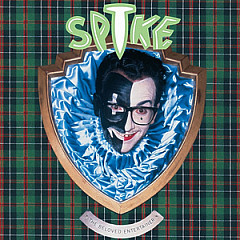
"Veronica" was inspired by Elvis Costello's grandmother, who suffered from Alzheimer's disease.
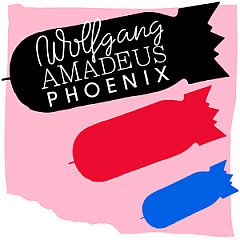
The Phoenix song "1901" is about Paris. Their lead singer Thomas Mars said: "Paris in 1901 was better than it is now. So the song is a fantasy about Paris."
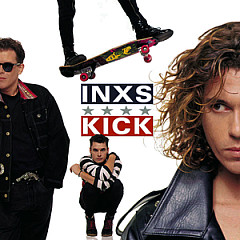
"Never Tear Us Apart" was a live favorite for INXS, who would often extend the second pause for a while as the crowd went crazy.
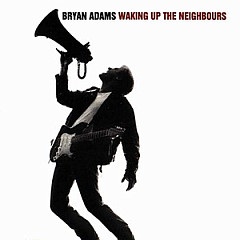
The Bryan Adams song "(Everything I Do) I Do It For You" was almost rejected for the movie Robin Hood: Prince Of Thieves because it didn't sound medieval enough.
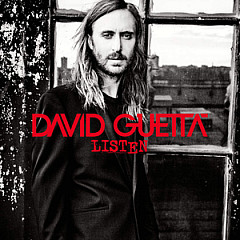
The bedrock of David Guetta's Nicki Minaj-featuring single "Hey Mama" is a sample of "Rosie," a 1940s prison recording from folk archivist Alan Lomax that songwriter Esther Dean first showed the French DJ on YouTube.
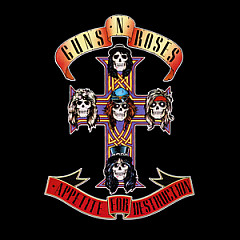
The moans of pleasure in the Guns N' Roses song "Rocket Queen" are authentic.
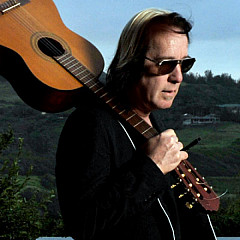
Todd Rundgren explains why he avoids "Hello It's Me," and what it was like producing Meat Loaf's Bat Out of Hell album.
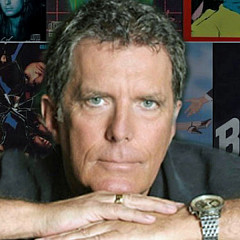
Ron Nevison explains in very clear terms the Quadrophenia concept and how Heart staged their resurgence after being dropped by their record company.
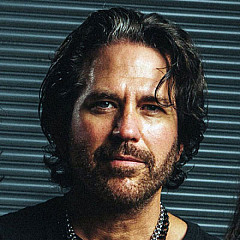
The Winger frontman reveals the Led Zeppelin song he cribbed for "Seventeen," and explains how his passion for orchestra music informs his songwriting.
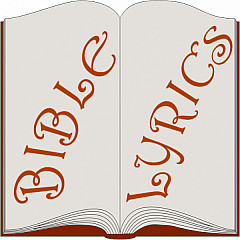
Rockers, rappers and pop stars have been known to quote the Bible in their songs. See if you match the artist to the biblical lyric.
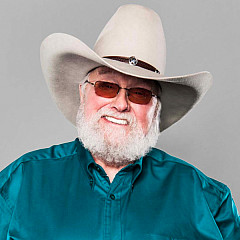
Charlie discusses the songs that made him a Southern Rock icon, and settles the Devil vs. Johnny argument once and for all.
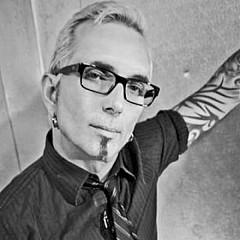
The lead singer of Everclear, Art is also their primary songwriter.